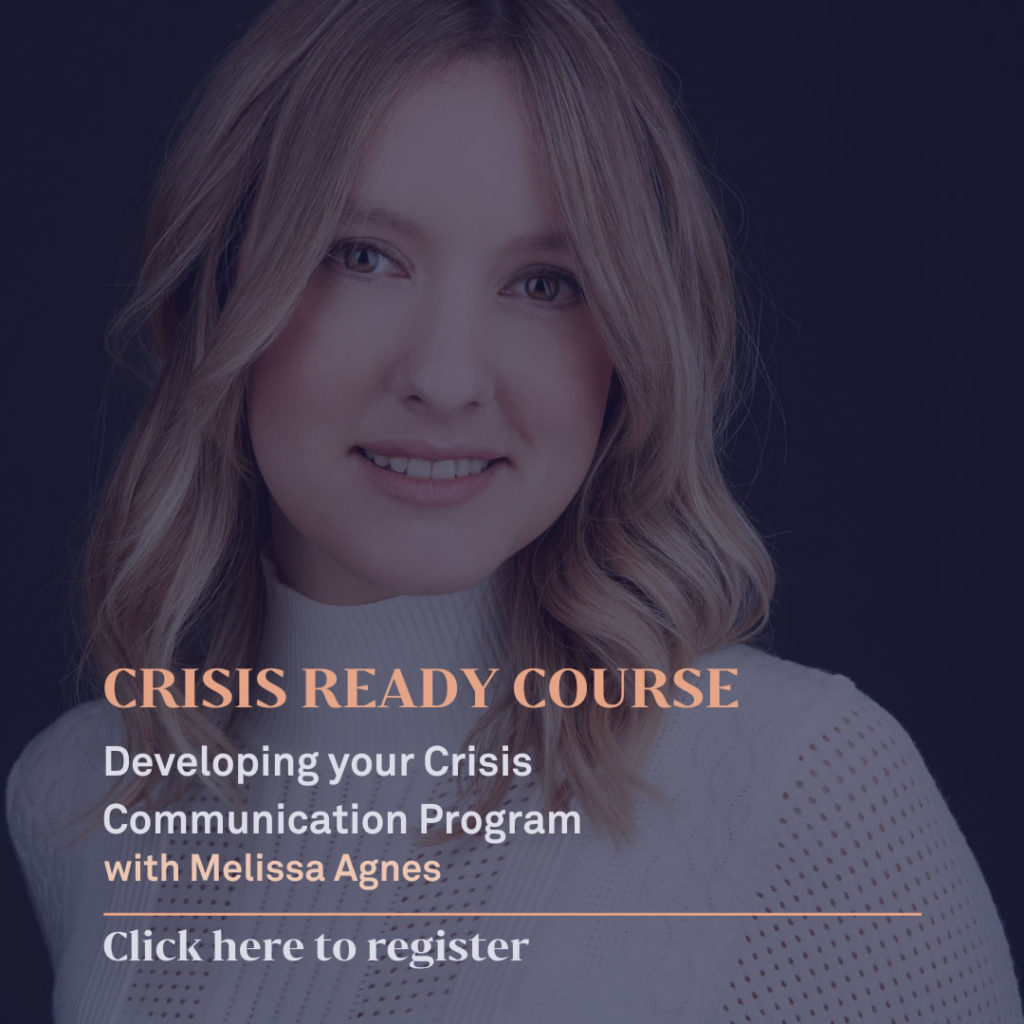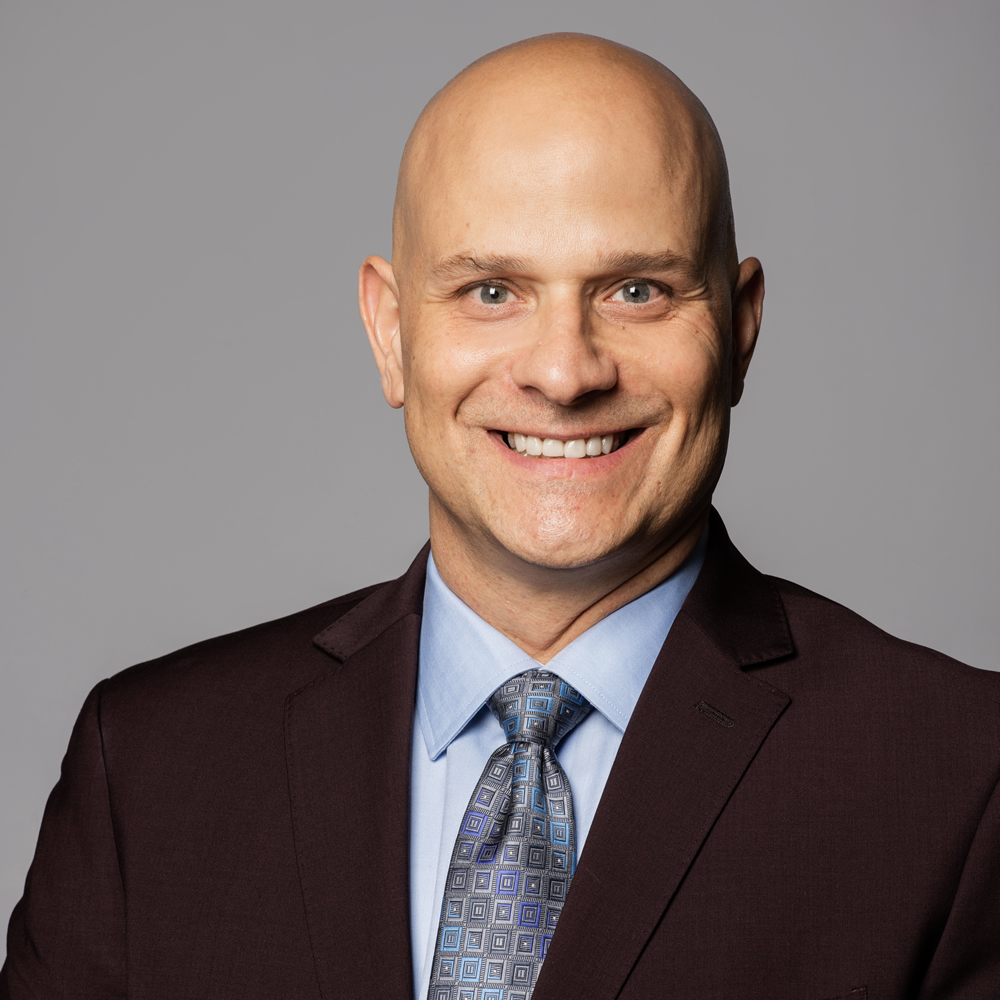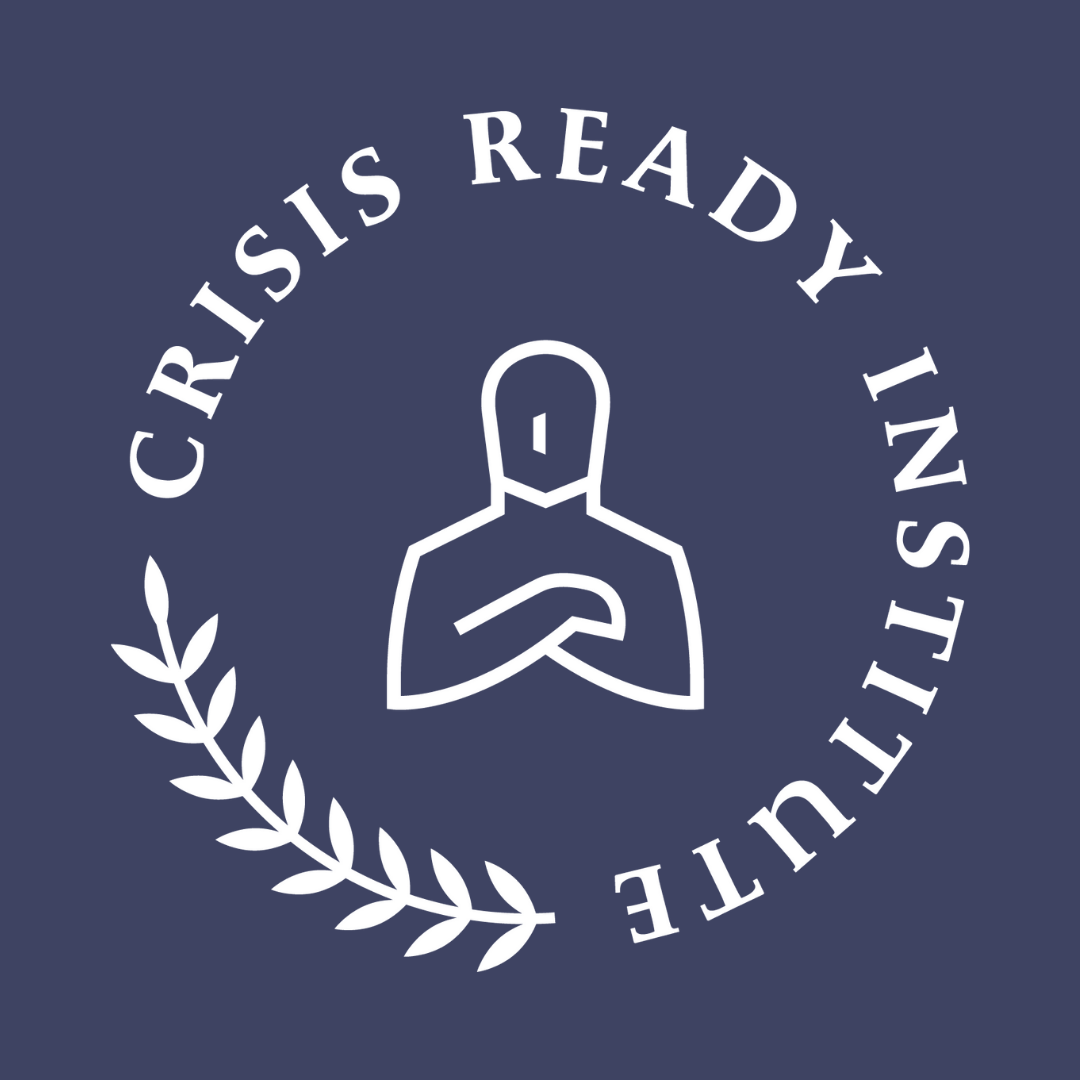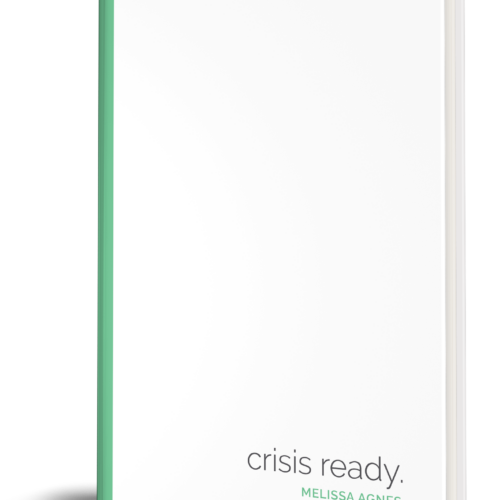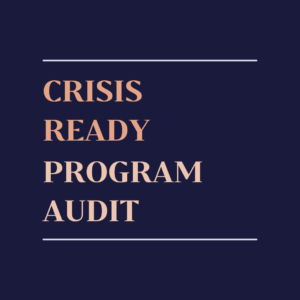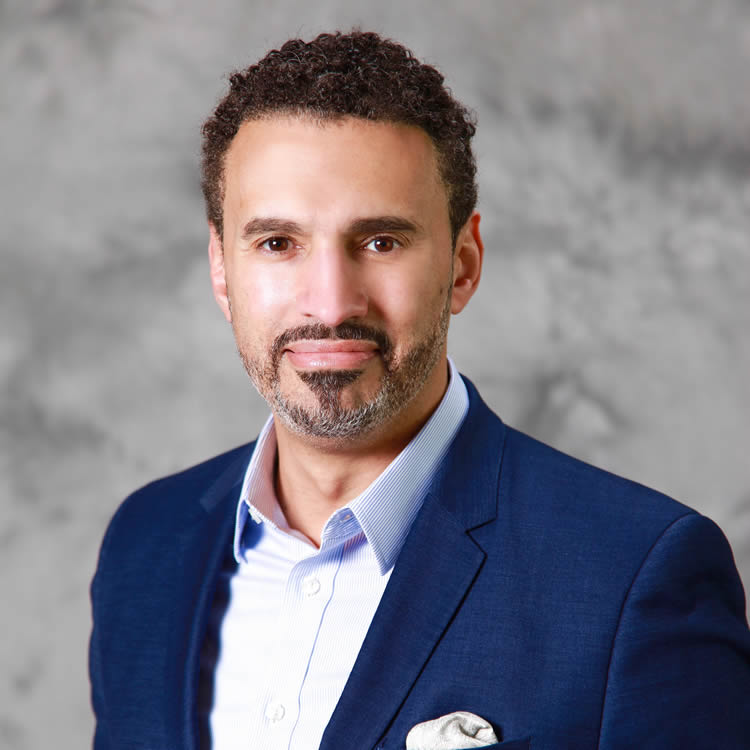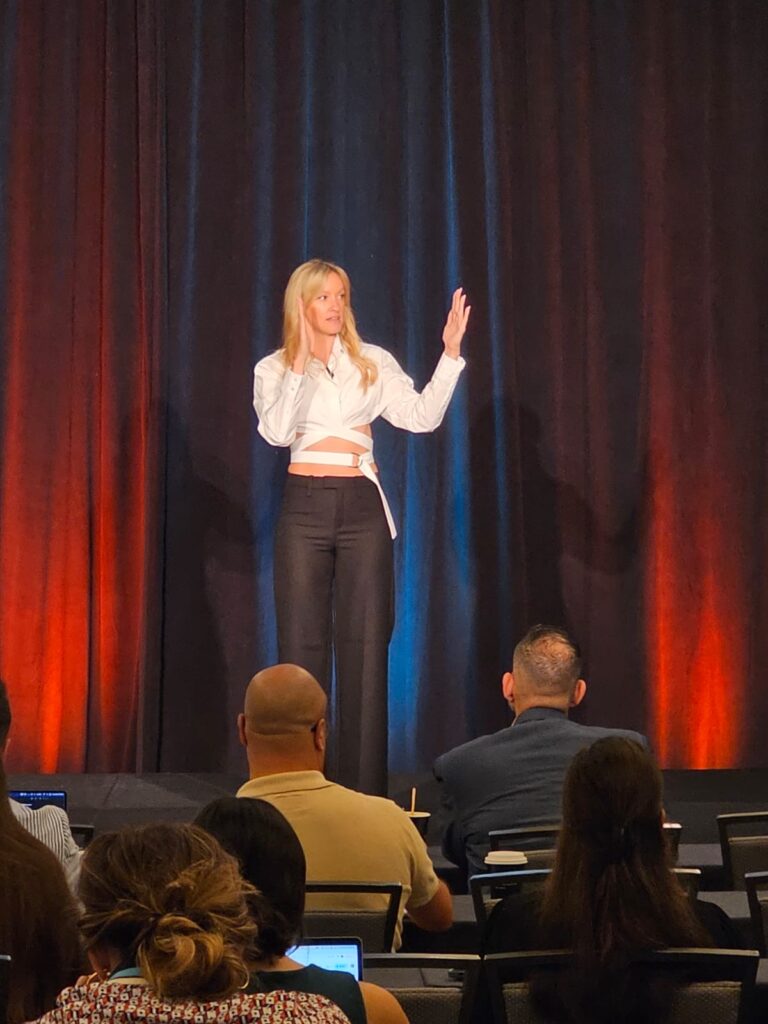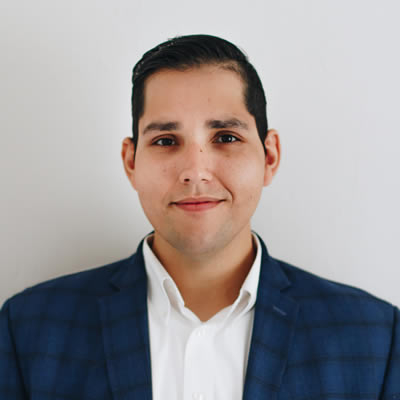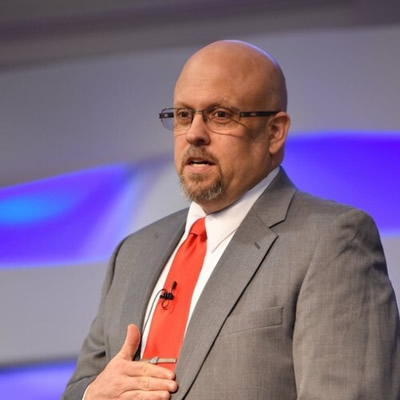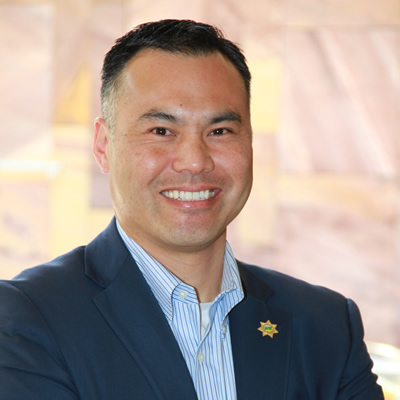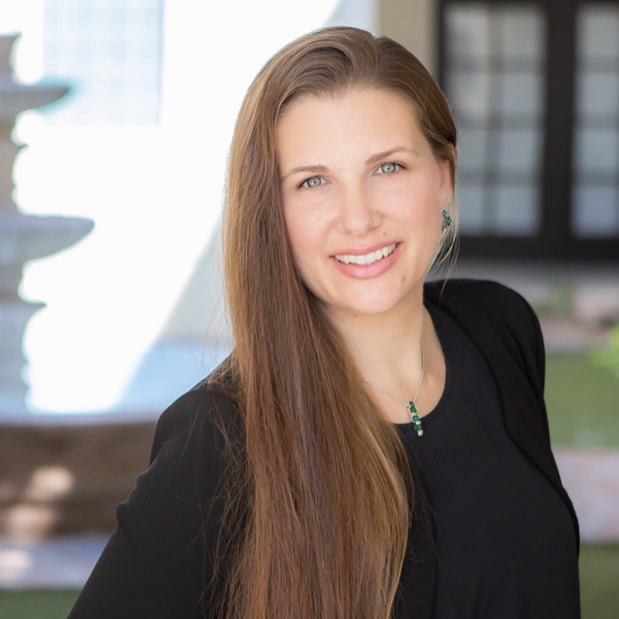Much has been said — and will continue to be debated — about how and why Silicon Valley Bank failed last month. While financial and organizational reasons for the second largest bank collapse in U.S. history are multi-faceted, one thing is clear:
The timeline of panic was induced when CEO Greg Becker released a sudden message to stakeholders on March 8.
In that ill-fated letter, Becker outlined “strategic actions” the bank had enacted to strengthen its “financial position.” Instead of assuaging potential fears, the letter caused investors to question the bank’s stability. The message incited fears that led customers to begin to withdraw their money from the bank in droves.
The following day, Becker urged calm on a conference call with venture capital firms. However, the bank’s stock was already plummeting. It would lose 60 percent of its value by the end of the day.
On March 10, Silicon Valley Bank failed. While the reasons behind the failure are complex, the bank’s failed attempts to communicate effectively during the crisis, starting with the letter to stakeholders two days before, exacerbated its Crisis Response Penalties.
So what was the problem?
While Greg Becker’s goal may have been to get ahead of the crisis with proactive communication, he completely missed the mark.
Rather than rising to meet that crisis head-on (months ago), in his communications, Becker attempted to downplay the looming risk. By solemnly outlining an intense plan to meet the bank’s challenges, he forced stakeholders to look for the menacing problems they feared in between his words.
The problem for leaders the world over is that most of us have been taught that Becker’s stoic approach is the appropriate demeanor during crises. There’s this misconception that ideal leaders are self-assured people who have all the answers, even if they don’t and even when the challenges are considerable—which puts a massive and unnecessary pressure on leaders faced with leading through a crisis. We’ve also been raised in a society that has historically claimed that there’s no place for emotion in leadership or, quite often, the boardroom in general.
As a result, most leaders are not emotionally equipped to lead in a crisis. They aren’t taught what and how to communicate through intense moments of high emotion. They aren’t set up for success.
And that’s not OK.
Emotional intelligence is essential for leaders during a crisis. Unfortunately, emotional intelligence isn’t an element of our education system, starting from kindergarten. It’s not part of what we’re taught in Higher Ed, MBA programs, nor many leadership development courses. And while you can learn what you need to successfully lead during a crisis from my book, Crisis Ready: Building an Invincible Brand in an Uncertain World, and from the Crisis Ready Courses taught by Crisis Ready Institute, the majority of crisis management, crisis communication, or crisis leadership courses offered elsewhere fail to include these critical elements of skill development.
And, again, that’s not OK. Failure in effective crisis communication and crisis leadership leads to needless devastation on multiple fronts. More often than not, we suffer because the majority of leaders are ill-equipped.
During crisis, being emotionally relatable is necessary.
The belief that there’s no place for emotion in a strong leader is a recipe for failure.
I’m not saying that a strong leader shows up panicked and ridden with all of the emotions they may be feeling on the inside. I am saying that crisis is inherently emotional and the way we relate to one another during a crisis needs to begin with understanding, accepting, and relating to those emotions.
While it can be counterintuitive to the way we have historically been taught, today’s leaders need to be brave and courageous enough to allow emotion to be part of their crisis response and leadership.
Sure, to stand up as an imperfect human who may not have all the answers in the face of disaster, fear, and uncertainty is incredibly vulnerable and uncomfortable. But nobody ever said that communicating and leading through times of change, challenge, or crisis would be comfortable or easy. If it were, it wouldn’t take an exceptionally strong leader to be able to rise to the opportunity.
We need to teach our leaders to rise into that space of discomfort and embrace the opportunity to lead.
The invaluable opportunity that crisis offers is a deeper connection with one’s audience and stakeholders. An emotionally intelligent leader will emerge from a crisis with stronger trust and strengthened brand equity, enabling them to carry the advantages of that success far beyond the crisis itself.
One cannot achieve these benefits by avoiding emotion.
At Crisis Ready Institute, we discuss an entire list of responsibilities that are necessary for communicating effectively during a crisis. Half of those responsibilities involve anticipating, addressing, and getting ahead of the emotions of a crisis, which is no easy feat. An emotionally intelligent leader (and team) is required for the success of these critical tasks.
Managing one’s own emotions
Before a leader can anticipate emotions across the organization and the organization’s stakeholders, she must start by identifying, understanding, and managing her own.
As an example, a lot of people think that the solution to anxiety and overwhelm is action. However, charging forward is the absolute worst thing that you can do. A better option is to step away from the situation for five to ten minutes with a technique for calming yourself.
While this solution has been proven in multiple studies and research, it’s counter-intuitive. In most professional environments, we don’t grant ourselves permission to stop, even when that’s the actionable remedy.
Here’s the thing: most people aren’t equipped with the skills to acknowledge their feelings, never mind to supportively give space and grace for them.
In Atlas of the Heart, Brené Brown explains how she asked more than 7,000 participants in her training workshops over five years to list all the emotions they could identify that they’ve experienced in their lives.
Can you guess what the average number of emotions listed was? Three: happy, sad, and angry.
How can we expect leaders to communicate and validate the feelings of other people when they aren’t taught how to even acknowledge and accept their own?
Managing through the emotions of others
Once an emotionally intelligent leader has anticipated emotions internally and externally, the next goal is to get ahead of those emotions in order to own the narrative of their own issue or crisis.
One of our Crisis Ready® Rules is you cannot beat emotion with logic. Meanwhile, and as we’ve explained, during a crisis, everyone reacts with emotion.
When emotions run high, our brains have less capacity to process logic. Yet, it’s vital for a logical message to prevail.
How does a leader manage that communication obstacle? By first validating and relating to those emotions before attempting to bring in the logic, as we outline in our Crisis Ready® Formula for Responding to Emotional Escalation. In order to successfully accomplish this, one has to be able to understand the emotions at play and then be willing to give space for them and relate to them on that emotional level.
During crisis, it’s important to acknowledge what you don’t know.
A sign of an emotionally intelligent leader is her ability to admit when she doesn’t have all the answers.
During the COVID-19 epidemic, we saw the tragic consequences of waiting for certainty. At the different leadership tables I was privy to, I watched corporate and governmental leaders around the world fail to act. They failed out of fear:
- Fear of not having all the answers, which no one had;
- Fear of not being able to reassure, which could have been achieved through emotional relatability; and
- Fear of looking weak (this is where ego becomes a Crisis Ready Hindrance).
Leaders around the world were scared to stand up and say, “We’re going to do X. However, facts are changing, moment by moment. So realistically, tomorrow we will likely learn something new, and we WILL course correct if need-be.”
It sounds simple, but for more than six weeks, leaders across the world failed to rise to the opportunity of the crisis and lead. As a result, mayhem prevailed. People suffered.
Emotionally intelligent leaders are courageous enough to admit the shortcomings of available information while striving to keep the lines of communication open and transparent.
Time and time again, our leaders prove not to possess the emotional intelligence to communicate with vulnerability and empathy when it matters most. They aren’t equipped to make bold moves with limited information, and to communicate those moves with emotional relatability that gets people onboard and supportive.
When it matters most, the majority of today’s leaders don’t know how to lead because they haven’t been taught, in part, to stand comfortably within their vulnerability.
As a society, we shouldn’t be OK with this deficiency. We need to make change.
How do we better equip our leaders to lead through crises?
How do we fix the world’s lack of an emotional capacity to respond to crises? How does a leader equip himself with the emotional quotient, or EQ, to rise to the opportunity and effectively lead in times of chaos, disaster, and fear?
It begins with getting rid of this notion that emotion does not belong in ideal leadership or in the boardroom. From there, it is each of our responsibility to learn to understand our own emotions, when they get triggered, and how they present themselves. Once we’ve honed this, we need to turn that understanding outwardly and strengthen our skills in emotionally intelligent communication.
It’s a tall order and a necessary evolution. It’s also a topic that I’m very curious to hear your thoughts on.
- Where do you feel that you could use support or new knowledge when it comes to emotional intelligence?
- How could you better equip yourself and your team with the skills to communicate with vulnerability, empathy and transparency?
- Where are the gaps in our society when it comes to training emotional intelligence?
- How can we train the next generation of leaders so that 25 to 50 years from now, we’re not still struggling with this problem?
As you consider these difficult questions, please share with us your thoughts and reactions. It’s only by coming together as a community that we’ll be able to determine and make the changes we need to start seeing.

